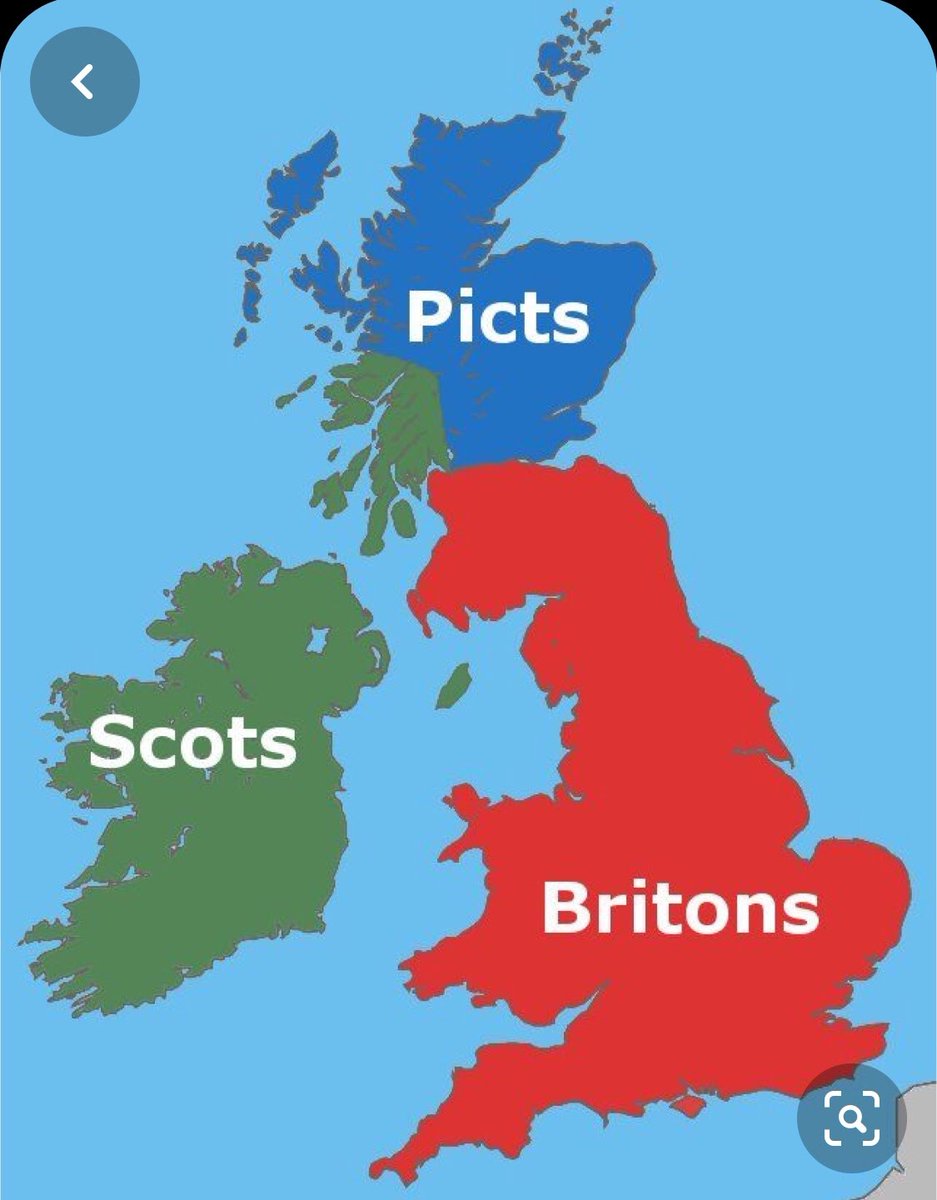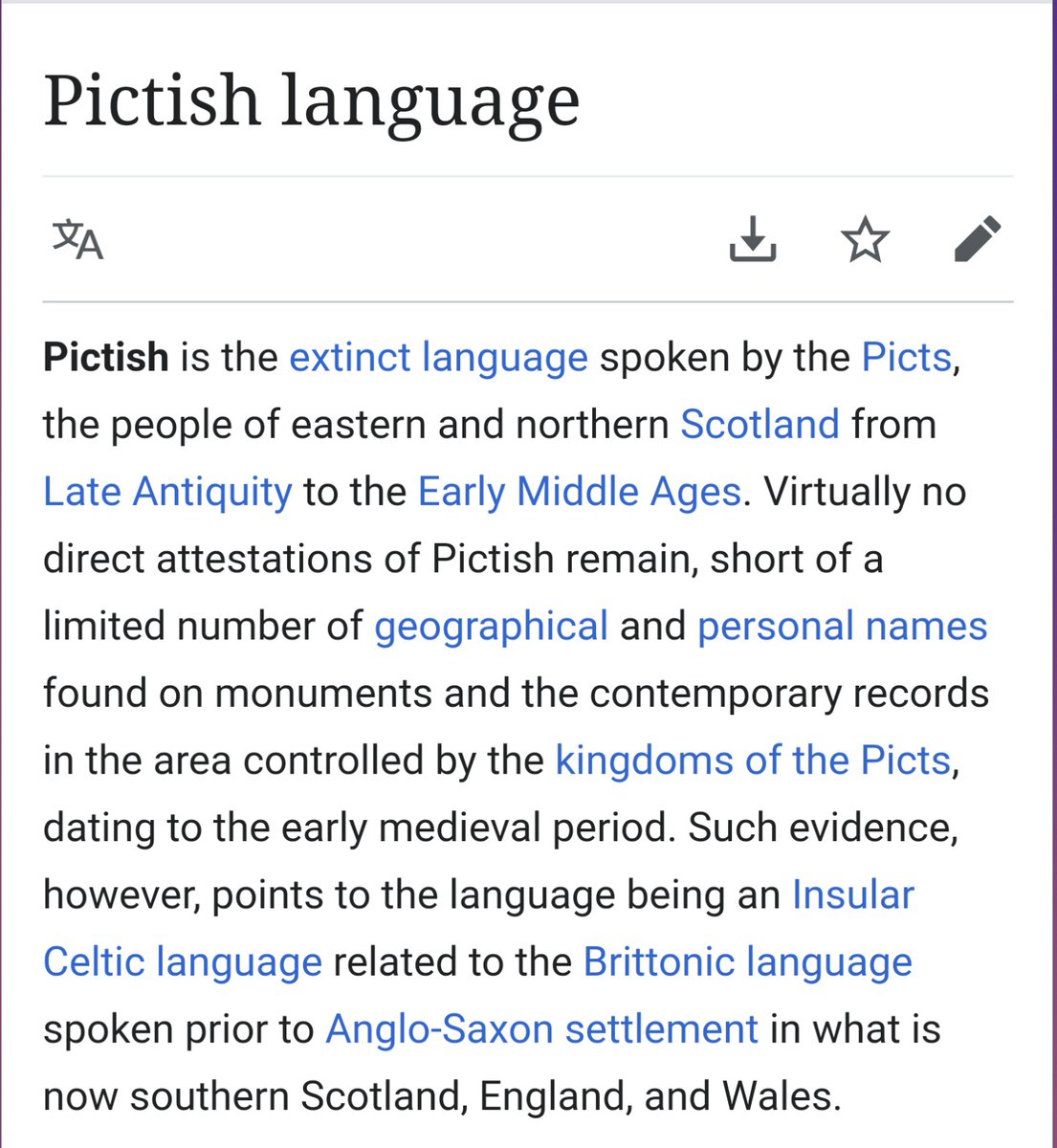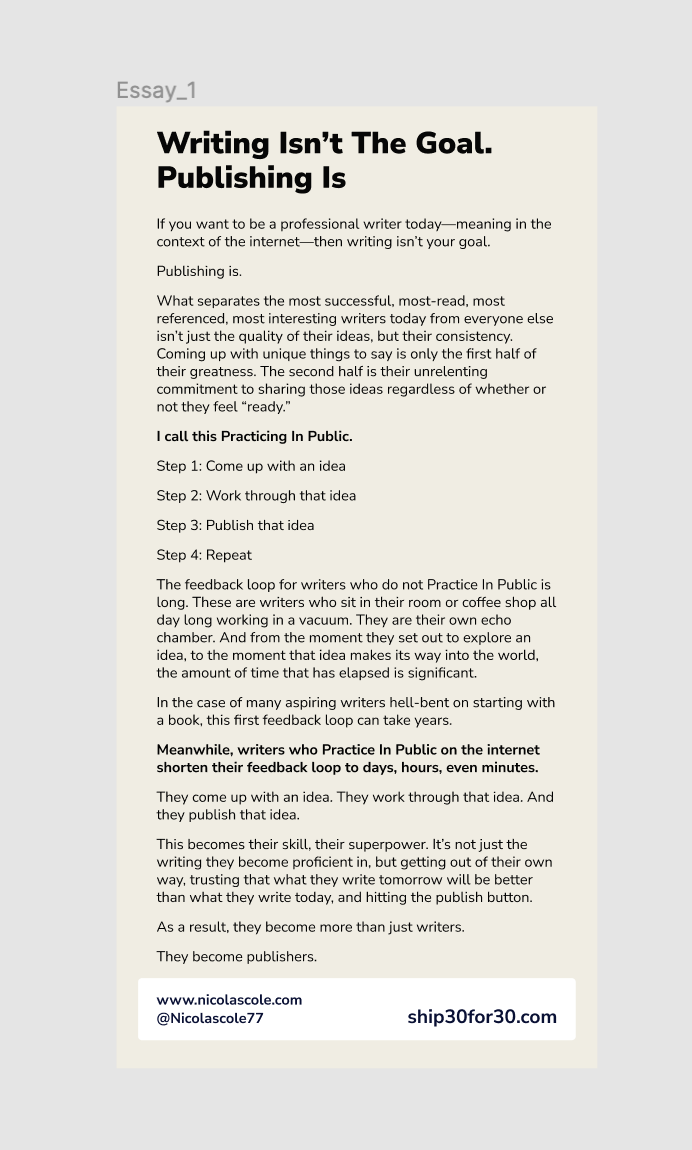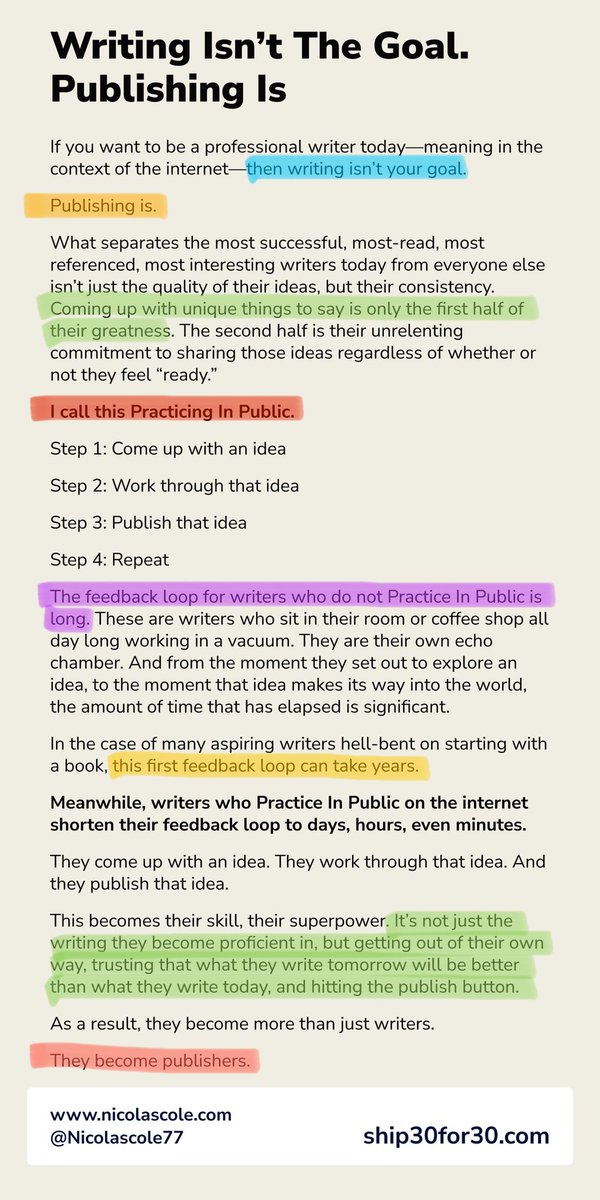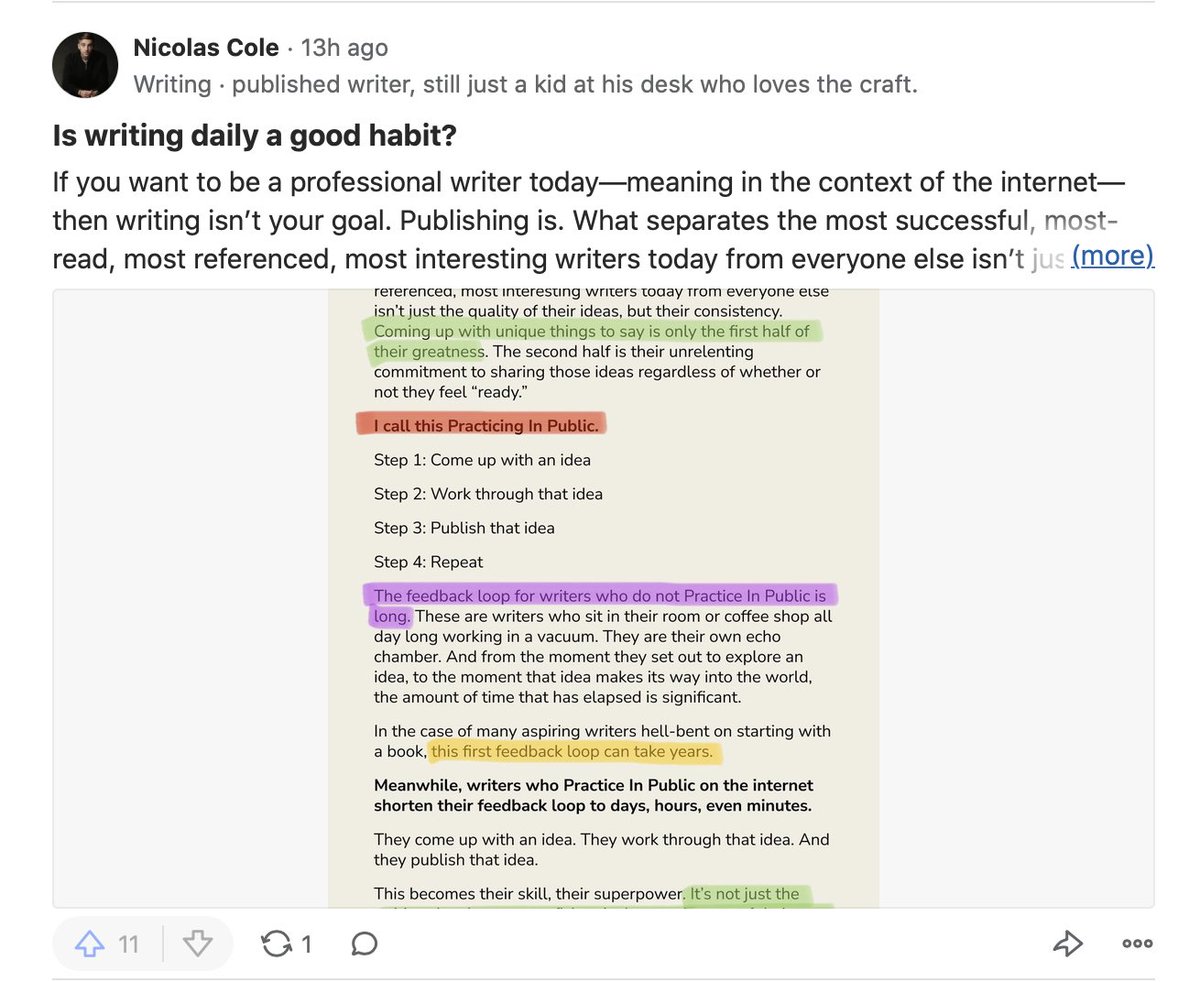Excellent analysis! One of our biggest problems is that people think "democracy," all by itself, is a sufficient check on power. I frankly don't understand how anyone can still believe that, but of course they probably won't be taught otherwise in school.
I wrote about how Mike Lee is right about "democracy" https://t.co/1dKUae4TUe
— David Harsanyi (@davidharsanyi) October 9, 2020
More from John Hayward
When people voted to drain the swamp, they knew the alligators - the high-profile D.C. power players, special interests, and safe seat senators-for-life - would be a problem. They underestimated the vast horde of smaller critters squirming in the muck at the bottom of the swamp.
As @davereaboi pointed out, the ecosystem that feeds on the endless torrent of deficit-fueled D.C. spending is vast beyond belief, and it has tentacles that reach around the world. That ecosystem has multiple layers, and every one of them will fight to keep Big Gov money flowing.
There are entities wholly dedicated to spend money spent by entities that spend money spent by entities that spend money spent by entities that spend money from D.C. Many are invisible to taxpayers. Some are foreign operations utterly beyond the reach of American voters.
And even when an outsider comes along and dislodges a few swamp creatures, we find another massive ecosystem dedicated to breeding and replacing them. Most people in the heartland have no idea how vast is the machinery that produces manpower for the permanent bureaucracy.
Pluck out one parasite, and a swarm of fresh parasites is ready to flow in and replace it. Educational institutions and bureaucratic recruitment systems are working around the clock to embed the ideology of statism in legions of aspiring government employees and NGO staffers.
When people see budgetary line item boondoggles, they\u2019re momentarily outraged\u2014but they should think through how the money will be dispersed, and by whom. There\u2019s a massive industry for spending USG money out there, and people should know about it. https://t.co/1MBeTuaMDP
— David Reaboi (@davereaboi) December 23, 2020
As @davereaboi pointed out, the ecosystem that feeds on the endless torrent of deficit-fueled D.C. spending is vast beyond belief, and it has tentacles that reach around the world. That ecosystem has multiple layers, and every one of them will fight to keep Big Gov money flowing.
There are entities wholly dedicated to spend money spent by entities that spend money spent by entities that spend money spent by entities that spend money from D.C. Many are invisible to taxpayers. Some are foreign operations utterly beyond the reach of American voters.
And even when an outsider comes along and dislodges a few swamp creatures, we find another massive ecosystem dedicated to breeding and replacing them. Most people in the heartland have no idea how vast is the machinery that produces manpower for the permanent bureaucracy.
Pluck out one parasite, and a swarm of fresh parasites is ready to flow in and replace it. Educational institutions and bureaucratic recruitment systems are working around the clock to embed the ideology of statism in legions of aspiring government employees and NGO staffers.
More from Society
So, as the #MegaMillions jackpot reaches a record $1.6B and #Powerball reaches $620M, here's my advice about how to spend the money in a way that will truly set you, your children and their kids up for life.
Ready?
Create a private foundation and give it all away. 1/
Let's stipulate first that lottery winners often have a hard time. Being publicly identified makes you a target for "friends" and "family" who want your money, as well as for non-family grifters and con men. 2/
The stress can be damaging, even deadly, and Uncle Sam takes his huge cut. Plus, having a big pool of disposable income can be irresistible to people not accustomed to managing wealth. https://t.co/fiHsuJyZwz 3/
Meanwhile, the private foundation is as close as we come to Downton Abbey and the landed aristocracy in this country. It's a largely untaxed pot of money that grows significantly over time, and those who control them tend to entrench their own privileges and those of their kin. 4
Here's how it works for a big lotto winner:
1. Win the prize.
2. Announce that you are donating it to the YOUR NAME HERE Family Foundation.
3. Receive massive plaudits in the press. You will be a folk hero for this decision.
4. Appoint only trusted friends/family to board. 5/
Ready?
Create a private foundation and give it all away. 1/
Let's stipulate first that lottery winners often have a hard time. Being publicly identified makes you a target for "friends" and "family" who want your money, as well as for non-family grifters and con men. 2/
The stress can be damaging, even deadly, and Uncle Sam takes his huge cut. Plus, having a big pool of disposable income can be irresistible to people not accustomed to managing wealth. https://t.co/fiHsuJyZwz 3/
Meanwhile, the private foundation is as close as we come to Downton Abbey and the landed aristocracy in this country. It's a largely untaxed pot of money that grows significantly over time, and those who control them tend to entrench their own privileges and those of their kin. 4
Here's how it works for a big lotto winner:
1. Win the prize.
2. Announce that you are donating it to the YOUR NAME HERE Family Foundation.
3. Receive massive plaudits in the press. You will be a folk hero for this decision.
4. Appoint only trusted friends/family to board. 5/
You May Also Like
1/ Here’s a list of conversational frameworks I’ve picked up that have been helpful.
Please add your own.
2/ The Magic Question: "What would need to be true for you
3/ On evaluating where someone’s head is at regarding a topic they are being wishy-washy about or delaying.
“Gun to the head—what would you decide now?”
“Fast forward 6 months after your sabbatical--how would you decide: what criteria is most important to you?”
4/ Other Q’s re: decisions:
“Putting aside a list of pros/cons, what’s the *one* reason you’re doing this?” “Why is that the most important reason?”
“What’s end-game here?”
“What does success look like in a world where you pick that path?”
5/ When listening, after empathizing, and wanting to help them make their own decisions without imposing your world view:
“What would the best version of yourself do”?
Please add your own.
2/ The Magic Question: "What would need to be true for you
1/\u201cWhat would need to be true for you to\u2026.X\u201d
— Erik Torenberg (@eriktorenberg) December 4, 2018
Why is this the most powerful question you can ask when attempting to reach an agreement with another human being or organization?
A thread, co-written by @deanmbrody: https://t.co/Yo6jHbSit9
3/ On evaluating where someone’s head is at regarding a topic they are being wishy-washy about or delaying.
“Gun to the head—what would you decide now?”
“Fast forward 6 months after your sabbatical--how would you decide: what criteria is most important to you?”
4/ Other Q’s re: decisions:
“Putting aside a list of pros/cons, what’s the *one* reason you’re doing this?” “Why is that the most important reason?”
“What’s end-game here?”
“What does success look like in a world where you pick that path?”
5/ When listening, after empathizing, and wanting to help them make their own decisions without imposing your world view:
“What would the best version of yourself do”?





